Protect your heart when temperatures soar
Excessive heat and pollution can increase your risk of experiencing dangerous cardiac events.
Patients with heart conditions should take extra precautions to stay cool during days with excessive heat and poor air quality.
Southern California hit global headlines recently with a scorching heat wave that closed in on record temperatures of almost 130 degrees. Heat waves and the poor air quality they cause can be harmful to your health in many ways, including causing heat-related illnesses. However, you may not know that soaring temperatures and pollution can cause cardiovascular issues and even death.
Be proactive to protect your heart during heat waves
Columbus Batiste, MD, regional chief of cardiology for Kaiser Permanente in Southern California, says with every 1 degree Celsius increase in temperature (or about 32 degrees Fahrenheit), there's a 4% rise in cardiovascular deaths. When combined with pollution, the risk of cardiovascular death increases by 7% or even 13% in areas with the highest levels of pollution.
“Everyone should be careful during intense heat waves, especially those who are 65 and older with chronic illnesses. Be proactive about your health and take precautions to protect your heart during times of intense heat,” said Dr. Batiste.
He recommends that patients 65 and older and patients with heart conditions talk to their doctor about their risks during heat waves. Certain medications commonly taken for heart conditions, including water pills and blood pressure medications, can dehydrate you or affect your ability to sweat and regulate your body temperature.
Another proactive step you can take is to adopt a plant-based diet, which is rich in fruit and vegetables that are high in water content to help keep you hydrated.
“Know your risk level before going outside and braving the heat. Taking simple steps like checking the weather and air quality alerts can go a long way toward protecting your heart and your health,” said Dr. Batiste.
Stepping into the heat? Listen to your body
If you have to brave extreme heat, Dr. Batiste recommends paying close attention to your body’s needs.
“Ask yourself — are you sweating more than normal? Do you have chest pain or shortness of breath? If you’re experiencing symptoms associated with heart disease, you need to take immediate action to cool yourself down,” said Dr. Batiste.
He recommends finding a cool space, such as an air-conditioned room. You can also remove loose clothing, place a cool towel on your head, and drink plenty of water. Remember to stay informed, stay hydrated, and stay cool to protect your heart this summer.
-
Social Share
- Share Protect Your Heart When Temperatures Soar on Pinterest
- Share Protect Your Heart When Temperatures Soar on LinkedIn
- Share Protect Your Heart When Temperatures Soar on Twitter
- Share Protect Your Heart When Temperatures Soar on Facebook
- Print Protect Your Heart When Temperatures Soar
- Email Protect Your Heart When Temperatures Soar
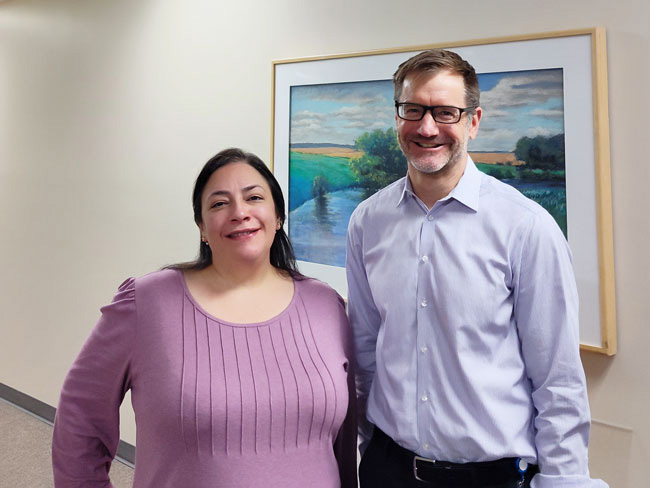
April 25, 2025
Treating the heart and lungs together for a rare disease
With her medical teams working together, Sirina Hazeem is getting her life …

April 16, 2025
Our energy-efficient hospitals power health
Protecting the environment improves the health of everyone in the community. …
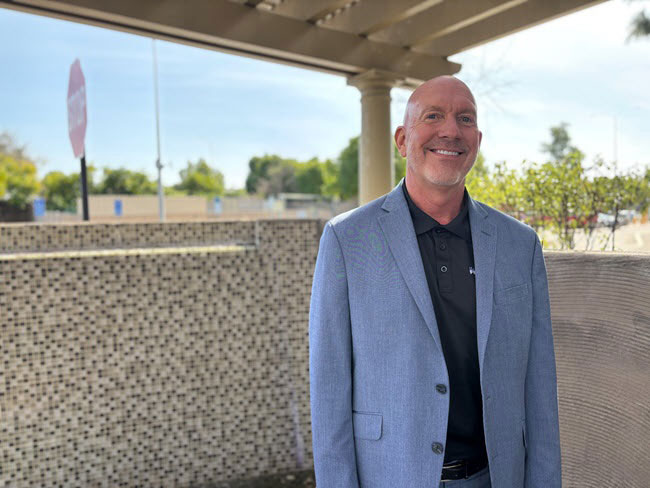
February 27, 2025
‘The heart attack that saved my life’
A sudden heart attack led Mark Twichel to seek care at Kaiser Permanente …

February 21, 2025
Broken heart syndrome: What to know
NPR

February 18, 2025
I just need a chance
Billy Cardosi spent his life putting his family and job first. Then a heart-rela …
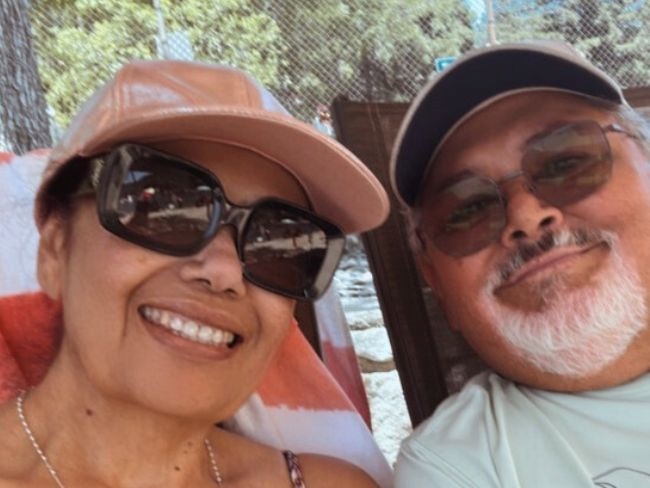
February 3, 2025
From a routine appointment to a cardiac crisis
An irregular heartbeat revealed that Enrique Medina had a serious heart …

January 29, 2025
A happy heart is a healthy heart
A cardiologist offers tips to help you improve your health and prevent …
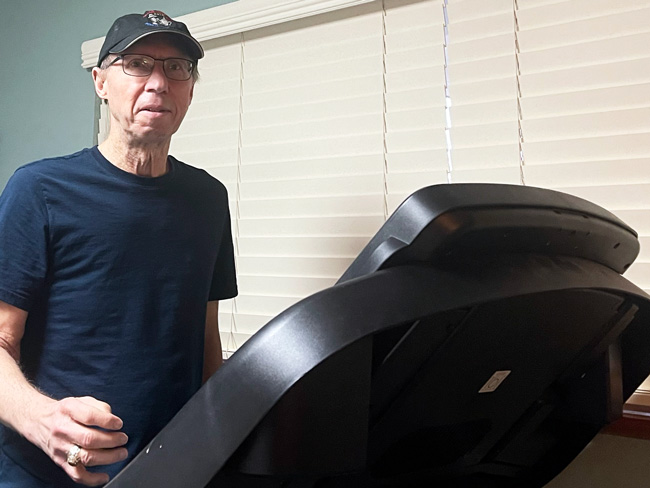
January 15, 2025
After surgery, home was where his heart was
Virtual cardiac rehabilitation offers Mike Erskine a convenient, safe way …

October 29, 2024
How poor sleep can hurt your heart
An interview with Kaiser Permanente sleep expert Clarisse Glen, MD, sheds …
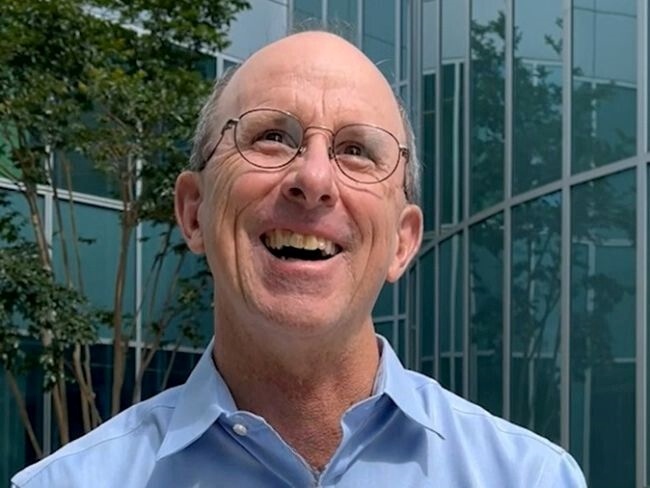
October 29, 2024
That’s not tennis elbow
A Kaiser Permanente physician thought he pinched a nerve during a tennis …

October 23, 2024
Doomscrolling? It may affect your heart.
Endless bad news is just one fingertip away online. One Kaiser Permanente …

September 19, 2024
First look at new Lakewood facilities
New medical offices will enhance the health care experience for members …

September 6, 2024
Navigating a world turned upside down after heart failure
After a life-threatening series of heart attacks at age 57, Bunnell Fockler …
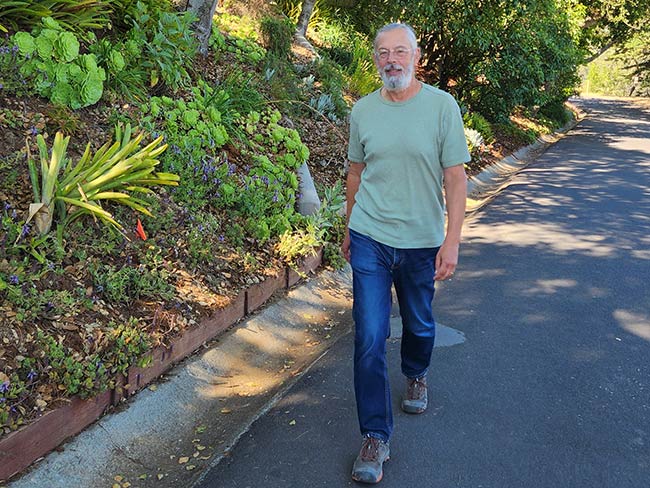
August 19, 2024
More trees and cleaner air improve health, research shows
People who frequently walk, run, bike, and visit greener areas with less …

August 15, 2024
Back home one day after heart surgery
Ed Dalmasso needed an aortic valve replacement. His care team provided …

July 10, 2024
We help members lower their risk of heart attacks and strokes
A Southern California program, powered by our connected care model, is …
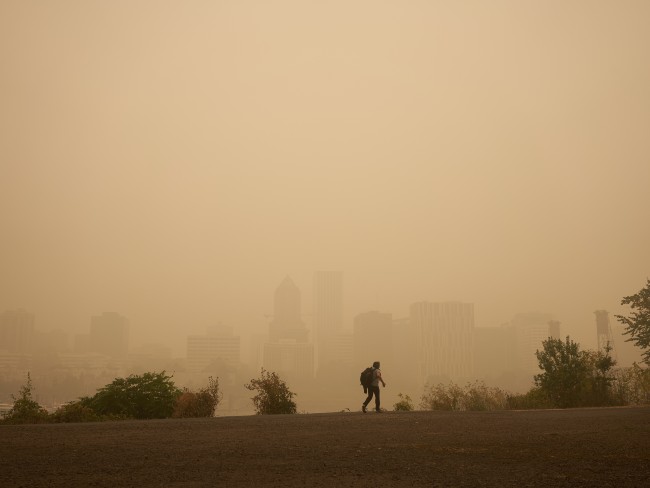
July 1, 2024
Prepare for wildfires
Fires and the smoke they create can be physically dangerous and mentally …

June 27, 2024
Lightning safety: When thunder roars, head indoors
To say lightning is unpredictable is a major understatement.
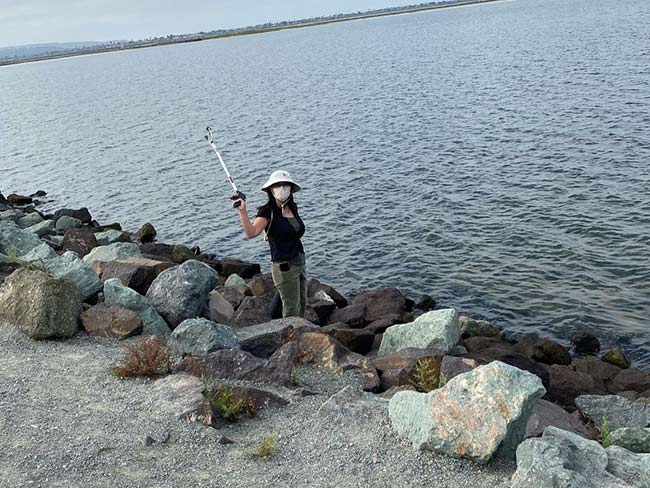
April 17, 2024
‘What I want you to know about climate change’: 9 stories
Healthy people need a healthy planet. Nine of our employees share how our …

April 8, 2024
Reducing inequity with fruits and vegetables
Black Americans experience worse health outcomes compared to other populations. …

March 29, 2024
Faster recovery: From cardiac scare to exploring Italy
Virtual cardiac rehab helped Mike Kelly heal at home after a life-threatening …

March 21, 2024
Healthy environment, healthy people — Earth Day and every day
Every action counts when it comes to tackling climate change and its impacts …
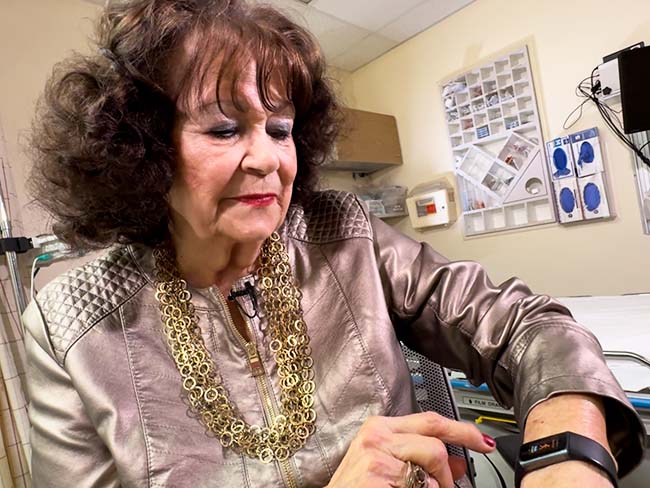
March 12, 2024
In-home recovery restores harmony to life
Colorado musician back with the band thanks to new virtual cardiac rehab …

February 22, 2024
The journey of a lifetime
Care teams at Kaiser Permanente Fontana Medical Center helped Phillip Crawford …

January 31, 2024
Prioritizing policies for health and well-being in Colorado
CityHealth’s 2023 Annual Policy Assessment awards cities for their policies …
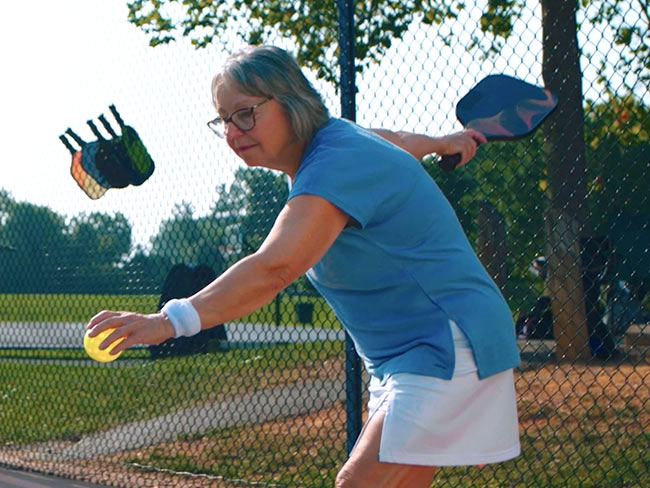
January 26, 2024
Retiree back in the swing of things after heart procedure
Tookie Gentilcore returns to enjoying life thanks to a quick, safe method …

January 17, 2024
How diabetes can affect your heart
People with diabetes are more likely to have heart disease.
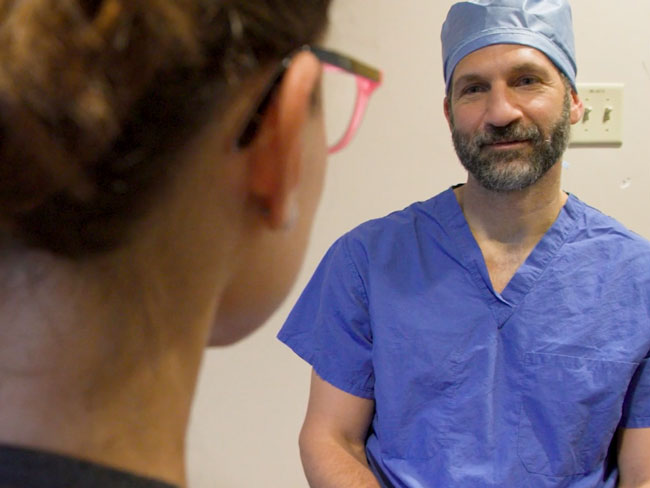
December 19, 2023
Life-changing care for patients who experience strokes
In Oregon, our stroke teams are providing patients with industry-leading …
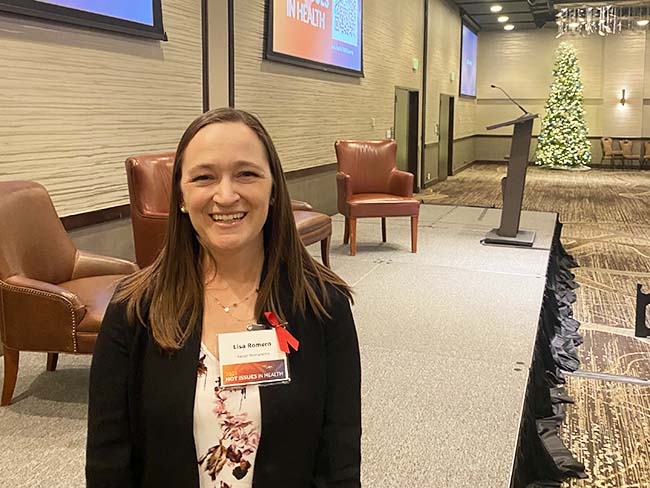
December 15, 2023
Climate change is already affecting our health
The health care industry is responsible for 8% to 10% of harmful emissions …

November 17, 2023
Expert advice on keeping your heart healthy
Dr. Yong Shin shares how people with heart disease can live longer, while …
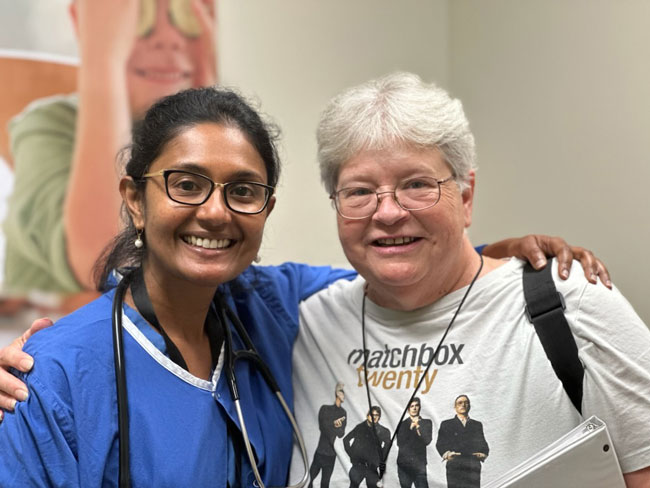
November 16, 2023
Providing a bridge to heart transplant
The use of a ventricular assist device implant gives one Oregon woman the …
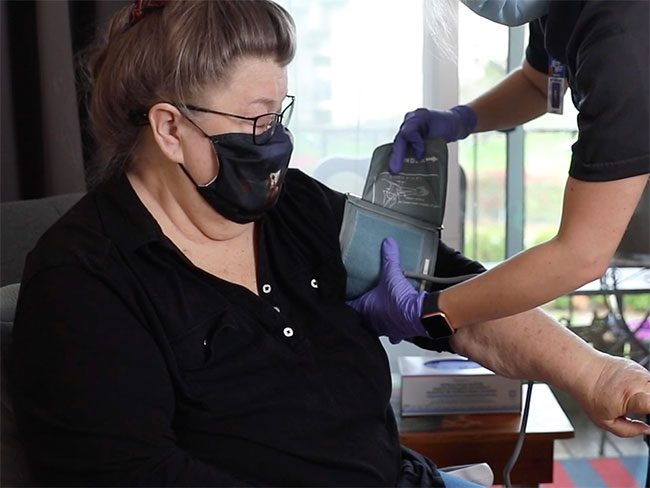
November 15, 2023
Care at home: Giving patients what they want
Our Advanced Care at Home program provides high-quality, safe care in familiar, …

November 13, 2023
Take a deep breath (we can help with that)
It’s never too late to quit smoking. At Kaiser Permanente, we can help …

September 21, 2023
Researching climate and health solutions
Kaiser Permanente is partnering with the National Academy of Medicine.

September 20, 2023
Healing after a heart attack
For years, serious heart attacks meant hours of weekly appointments. Now, …

August 18, 2023
Supporting the people of Maui
The people of Kaiser Permanente and Maui Health are delivering care, service, …

August 17, 2023
Beyond clinic walls: Research supporting healthy communities
Stories in the Department of Research & Evaluation 2022 Annual Report demonstrat …
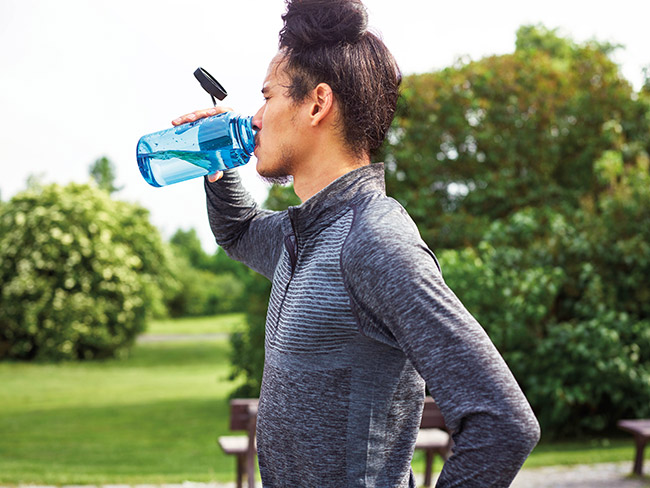
August 15, 2023
As temperatures rise, so does the risk of heart problems
A Kaiser Permanente cardiologist shares advice on how to stay safe, what …

June 15, 2023
Stay safe while having fun in the sun
Tips for preventing sunburn and decreasing the risk of skin cancer.
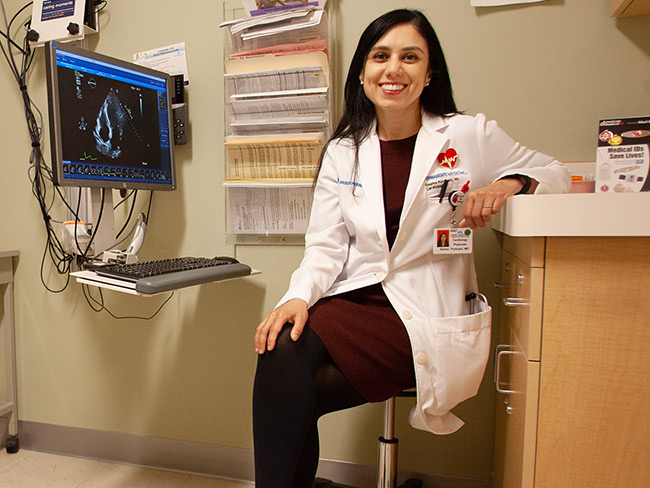
June 14, 2023
5 easy ways to reduce heart disease risk
A reminder that men and women can assert control over risk factors that …

June 7, 2023
Engaging businesses for action on climate and health equity
New climate collaborative with BSR announced at joint Kaiser Permanente …

February 28, 2023
A conversation about pregnancy and women’s heart health
New research shows blood pressure patterns early in pregnancy can identify …

February 24, 2023
Current air pollution standards tied to higher heart risks
Kaiser Permanente study of 3.7 million adults provides support for strengthening …

February 1, 2023
Her heart was telling her something wasn’t right
When a Kaiser Permanente member discovered she had an irregular heartbeat …
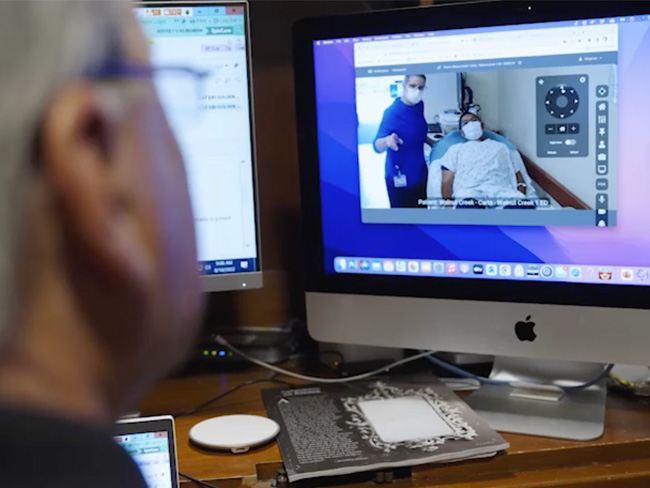
January 18, 2023
Speed saves lives: Fast stroke treatment key to survival
When a stroke happens, minutes matter, and Kaiser Permanente treats strokes …

November 14, 2022
It’s time to rethink health care quality measurement
To meaningfully improve health equity, we must shift our focus to outcomes …
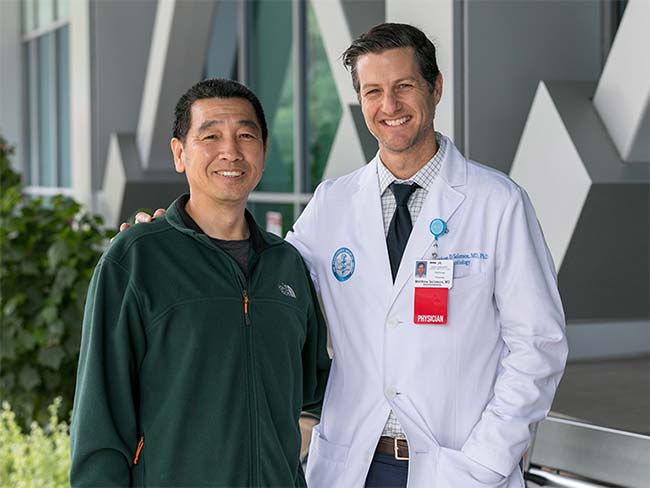
September 27, 2022
A heart saved
When Rong Fang had a life-threatening heart attack, specialists at 2 Kaiser …

August 16, 2022
Our support for the Inflation Reduction Act
A statement from chair and chief executive Greg A. Adams on the importance …

Dark chocolate bark with pistachios and dried cranberries
You can make this healthy, holiday-worthy dessert any time of year!
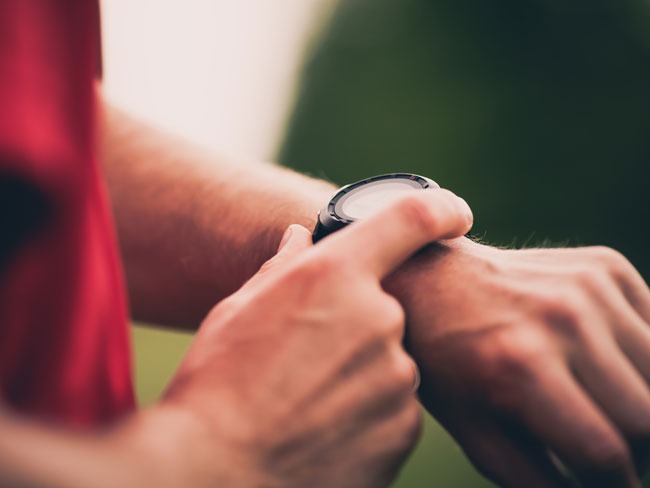
July 30, 2021
Pairing doctors with your devices for improved health
Wellness and fitness-tracking devices can help doctors and patients coordinate …

February 4, 2021
A passion for the practice of cardiology
Dr. Chileshe Price shares her commitment to advancing cardiac care through …
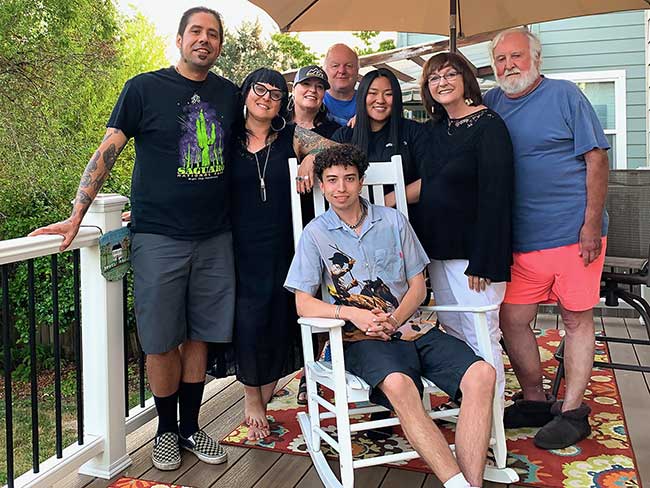
September 30, 2020
Cardiac care in the time of COVID-19
Skilled care and thorough infection-prevention protocols kept Eleanor Gorman …

August 19, 2020
Stroke care you can count on
Kaiser Permanente hospitals were again recognized by the American Heart …

Curried rice and artichoke salad
This simple, heart-healthy recipe is plant-based with an international …

May 19, 2020
Large decrease in hospitalized heart attack patients
New Kaiser Permanente research backs anecdotal reports that people are …
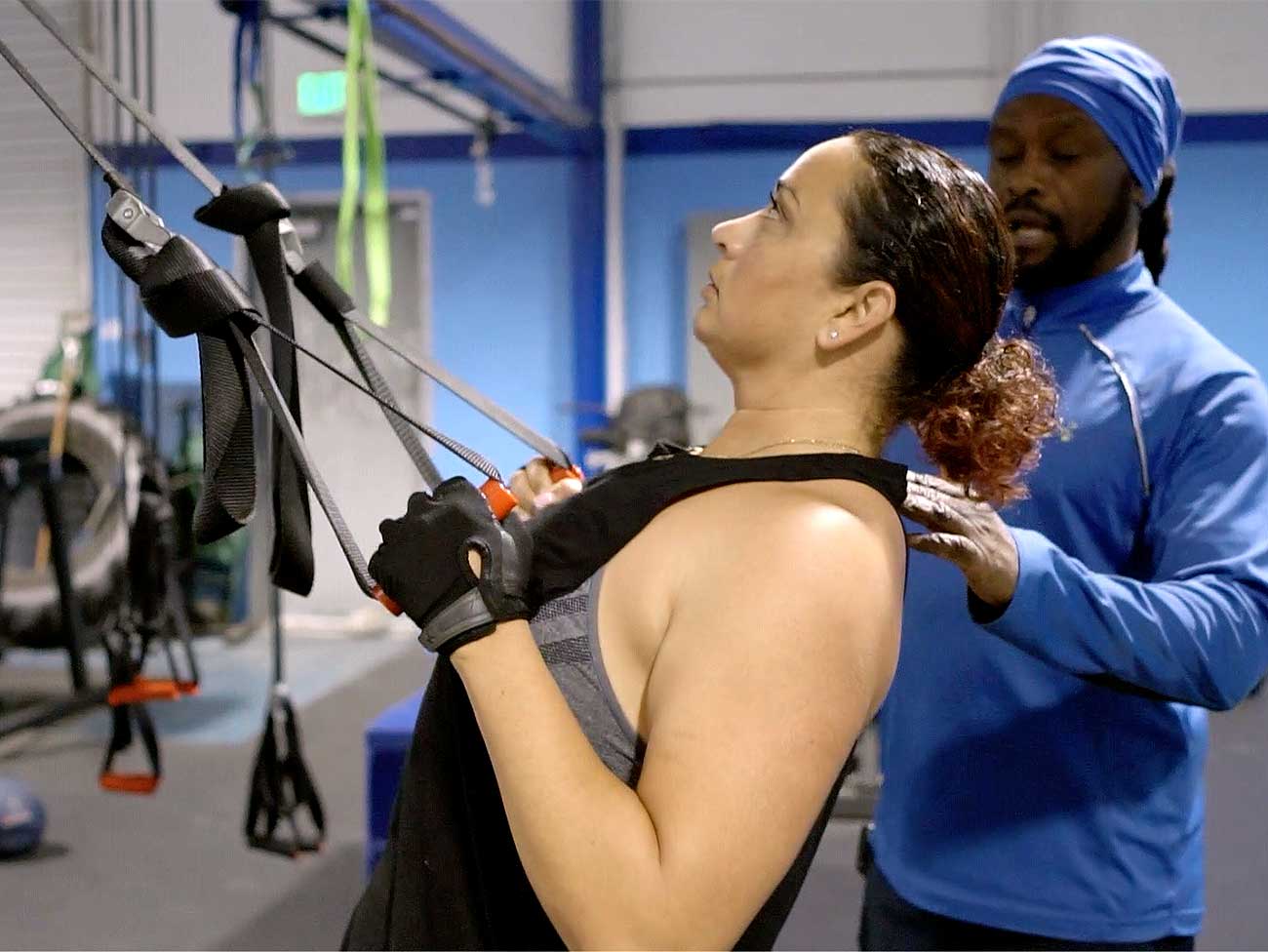
February 20, 2020
Bringing healing home with virtual cardiac rehabilitation
Michelle Wofford gets a new lease on life after a serious cardiac event.
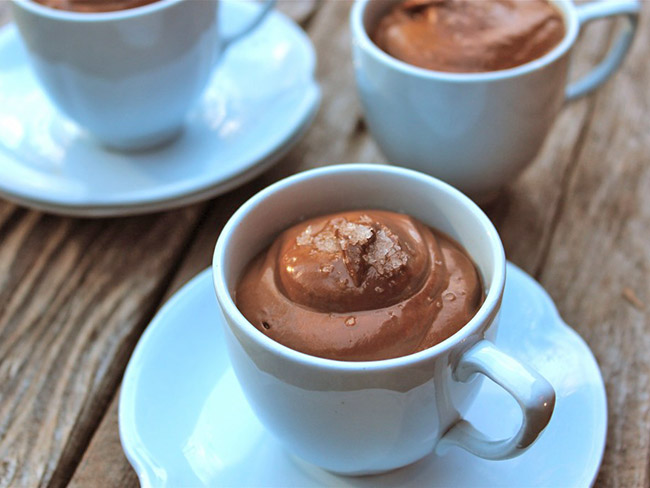
'Instant' chocolate pudding
Try this recipe for a rich and satisfying chocolate fix.